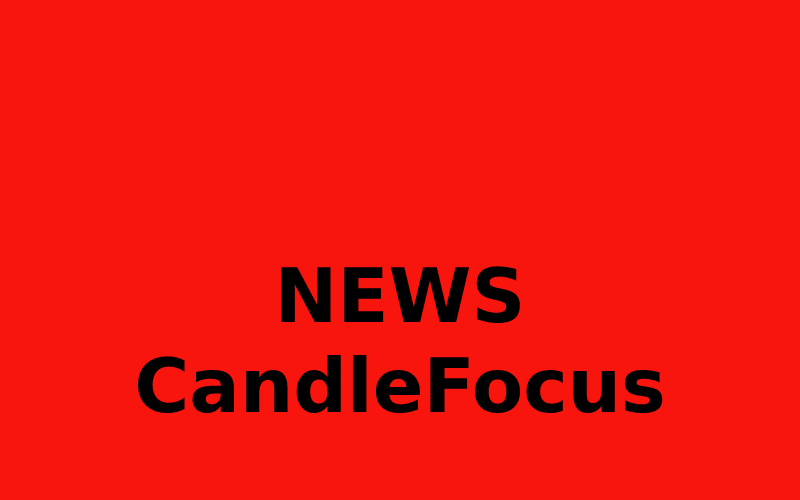Numerous assault vectors are harming crucial projects in decentralized autonomous groups. For them to serve as realistic models of governance, this must alter.
Decentralized autonomous organizations (DAOs) have been hailed as the key to better governance and decision-making equity. Decentralized management does not, however, work like a magic bullet to produce superior outcomes right away. Steps towards weighted voting and token comic regulation must be performed to fully benefit from a decentralized organization. DAOs have the potential to erupt if not carefully balanced, and some have.
Explaining decentralized government
DAOs offer a model for running a project or business where all members have equal access to vote. Typically, there is only the communal will and no centralized authority. While in theory, this would sound fair, for some governance arrangements the opposite might be true.
The DAOs that use a token-based voting method are arguably the most problematic of all builds. Despite being decentralized, token-heavy governance, in which users with the most tokens have the most voting power, has the potential to mistakenly hand authority to a small group of affluent participants while alienating the majority of users. This directly contradicts the foundational principles upon which DAOs are based and gives wealthy whales an outsized influence, as became evident very soon.
Token-based voting systems can result in hostile takeovers by other bad players, such as DAO token whales and the Build Finance DAO takeover, which can do more harm than just centralization. The DAO was attacked in February by someone who had the resources to successfully put along a proposal that would have given them complete control of the project.
This takeover has become entirely legitimate as a result of the token-based management scheme, leaving devs and the community with little choice except to fork the project and start over. Weighted voting based on asset allocation is not the optimal course of action.
addressing DAO concerns
Asset-weighted voting isn’t the best tool for decentralized governance systems, especially if they’re attempting to replace existing ones. The long-term objective is to create a decentralized system for managing enterprises, organizations, and even governments that makes meaningful promises to each member while also taking into consideration what that person accomplishes. The right combination of individualized, blockchain-enforced forms of identity and a meritocracy-based voting system may be all that is required to strike a balance.
Imagine a new system where voting members are assessed based on specific KPIs (KPIs). If certain KPIs are not satisfied, a user’s voting power may be diminished or eliminated. These KPIs may include engagement and development indicators within the DAO. Adopting this strategy will motivate all actors to take actions that benefit society as a whole as well as individuals.
It might also refer to almost any aspect of the platform, such as potential technology developments or the distribution of community cash. Even governments, environmental organizations, and charitable organizations can use it to build new social structures for organizing, offering stronger incentives than just monetary benefits.
The ability of NFT communities to promote beneficial behavior has already been shown, as seen by the requirement of involvement to be “whitelisted” for an NFT drop. Successful Web3 projects frequently offer some sort of cooperative, mutually shared objective, and the existing leadership methods do not provide this explicit inducement to engage. Consider contemporary governments, where people are elected to positions of power by the general populace. Through shared advantages and encouraging engagement, Web3 and DAOs demonstrate how things may operate differently.
 Esponel (es)
Esponel (es) Türkçe (tr)
Türkçe (tr) Russian (ru)
Russian (ru) 한국인 (kr)
한국인 (kr) Italiano (it)
Italiano (it) हिंदी (in)
हिंदी (in) عربي (ar)
عربي (ar) Français (fr)
Français (fr) Deutsch (de)
Deutsch (de) 日本 (jp)
日本 (jp) 中国人 (cn)
中国人 (cn)
